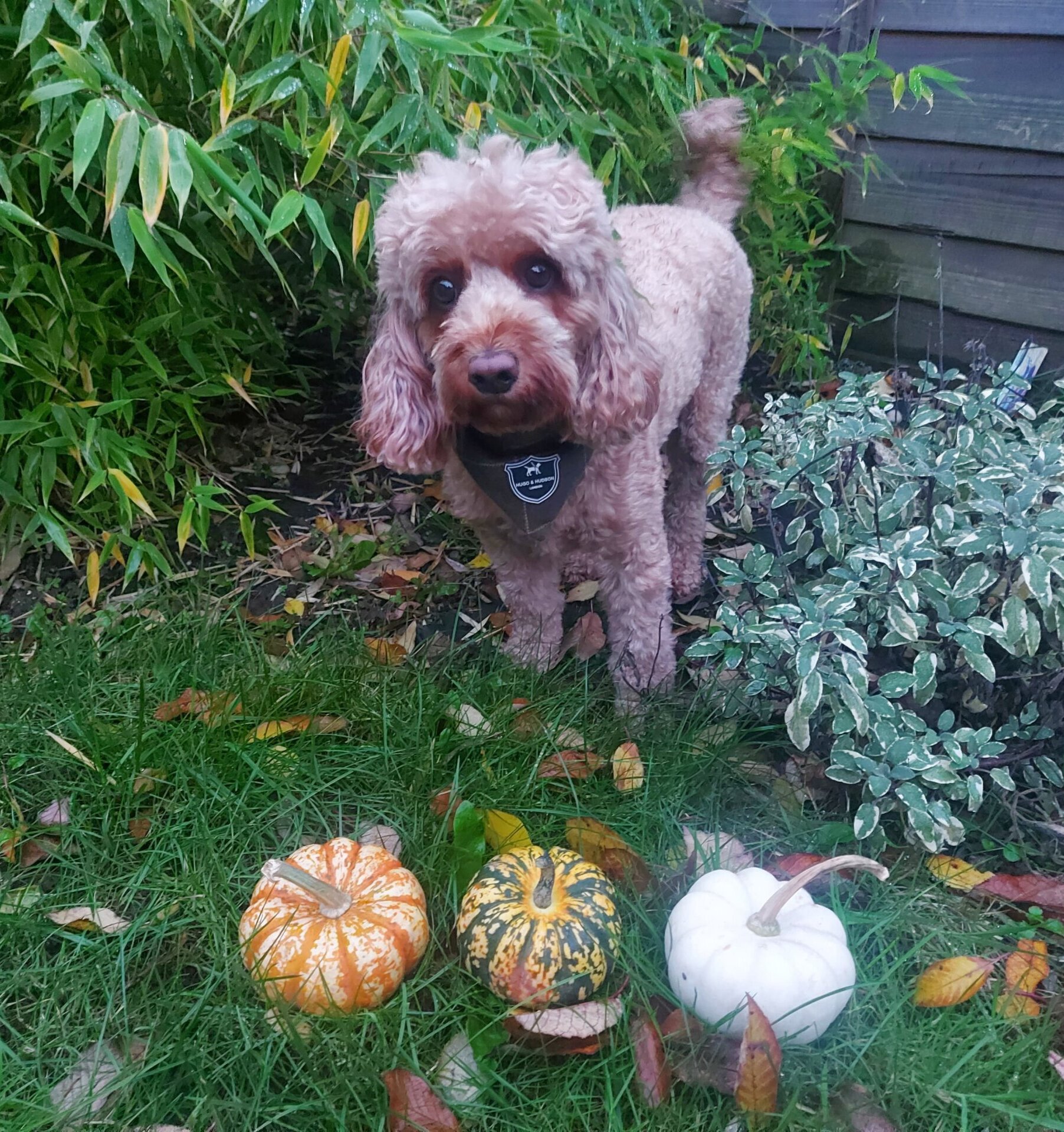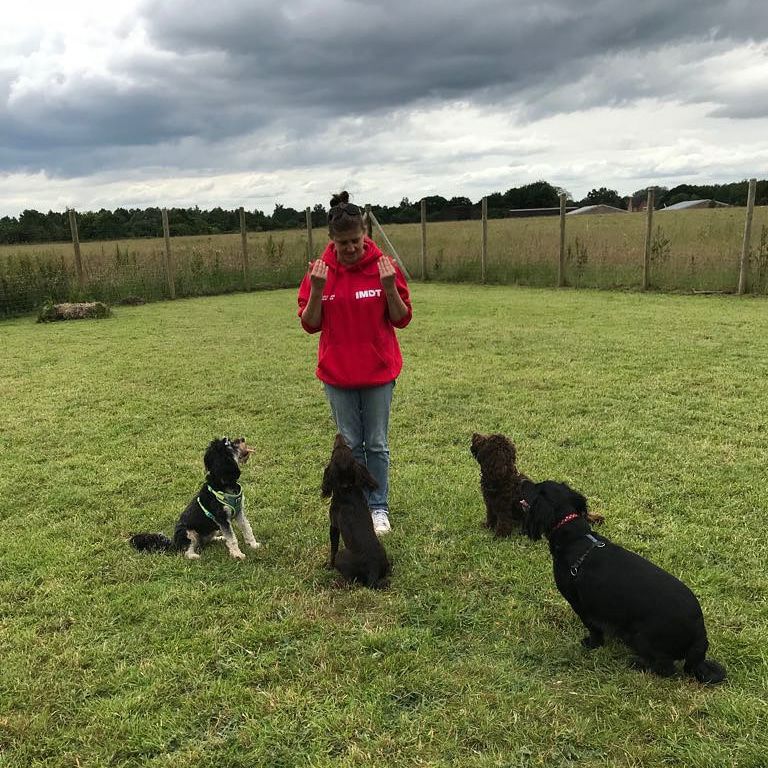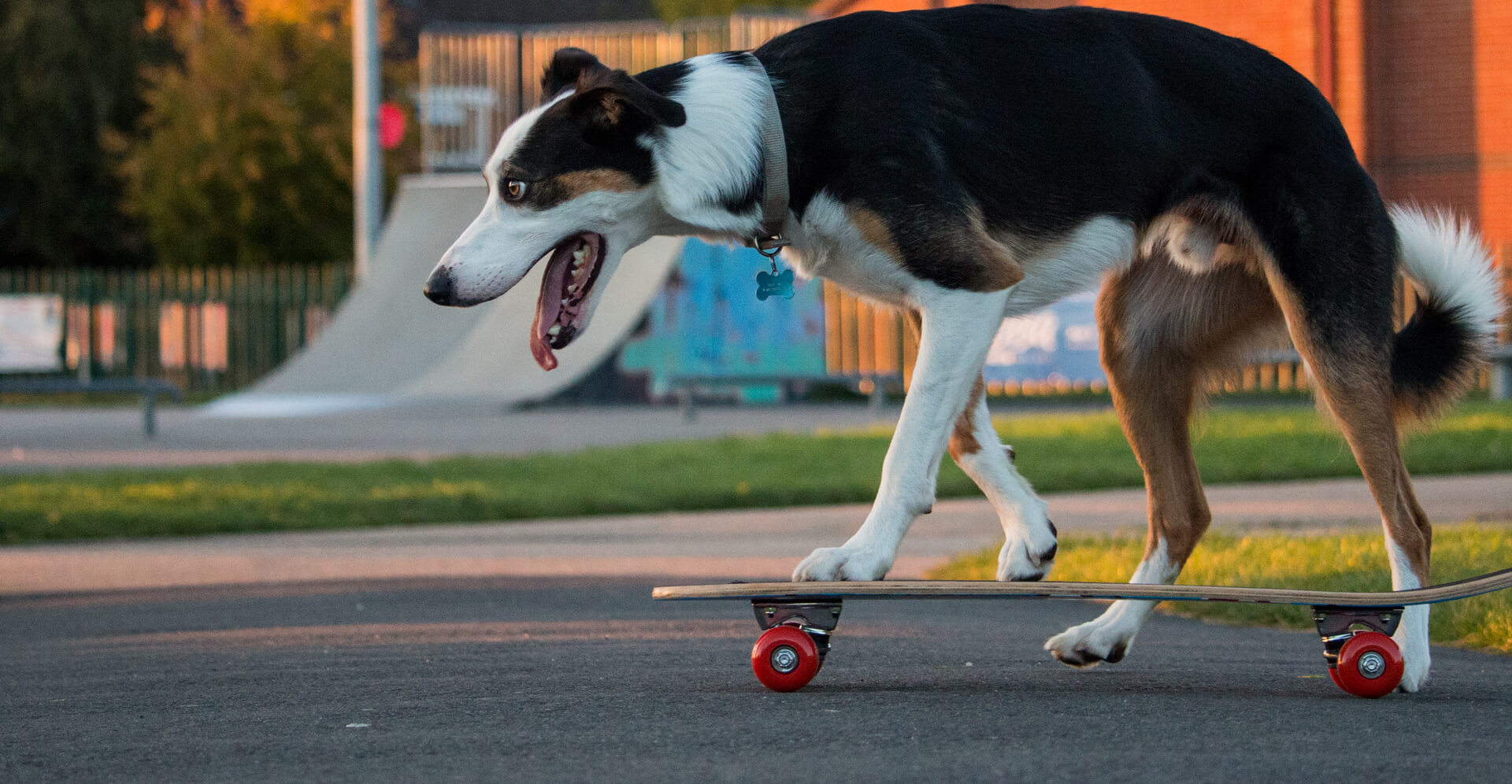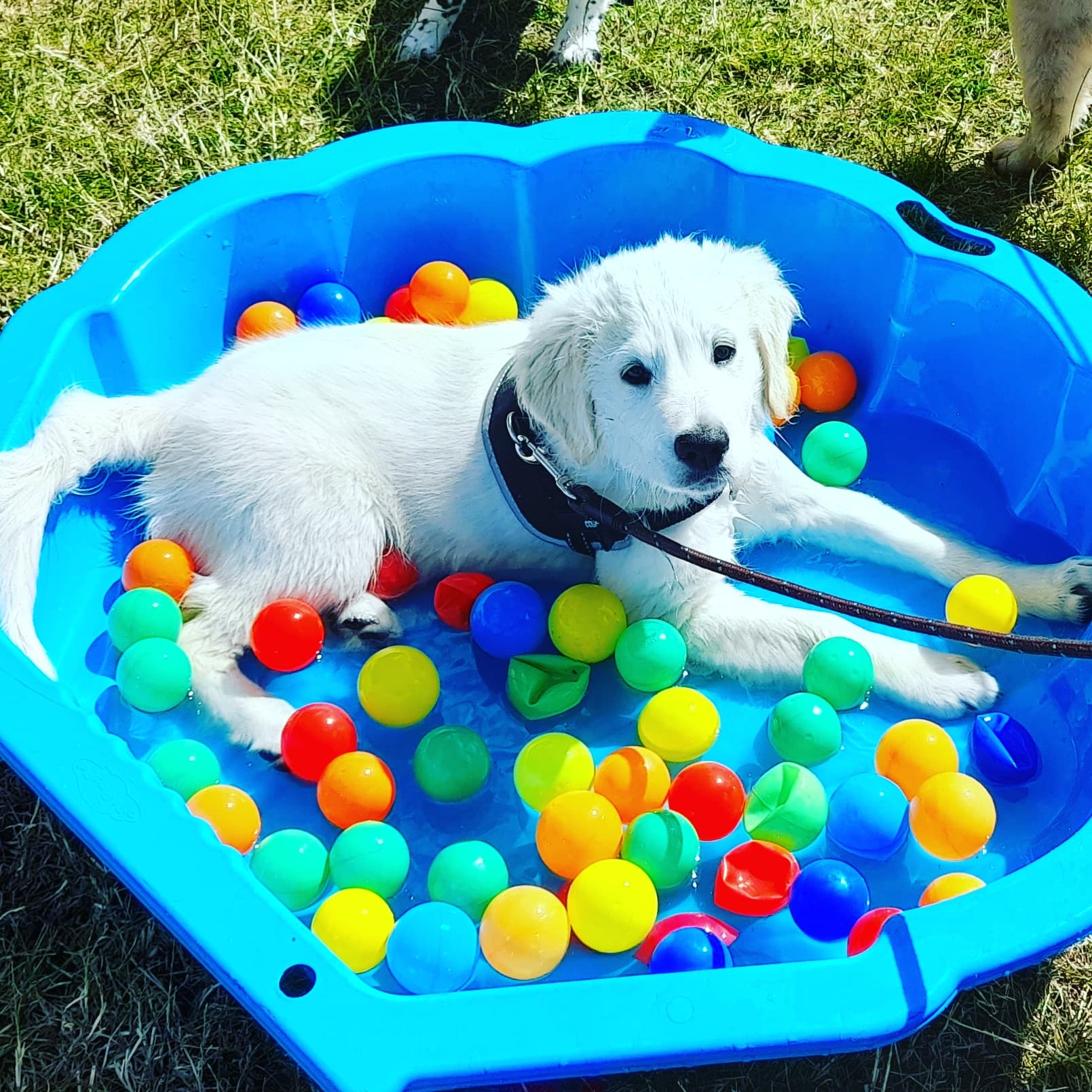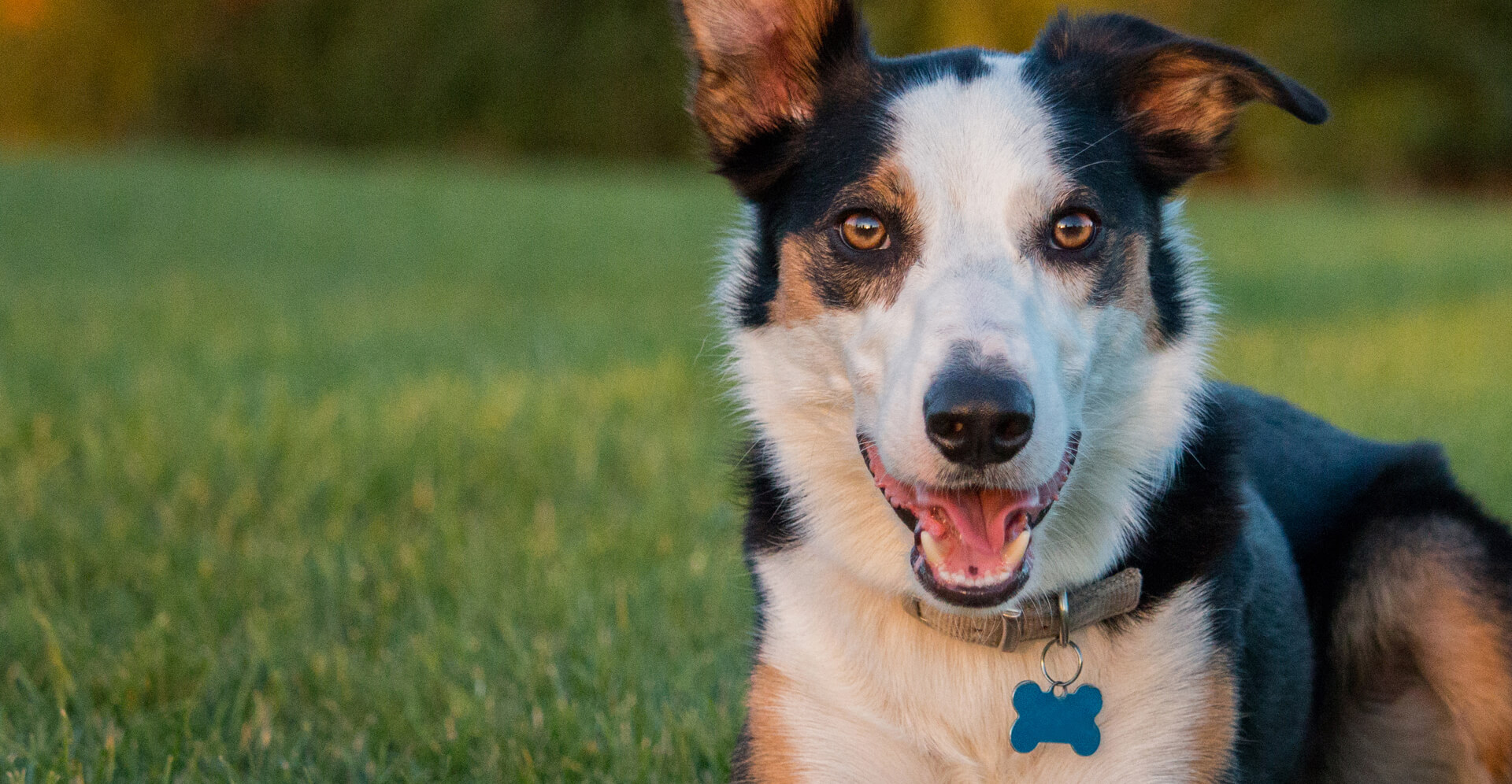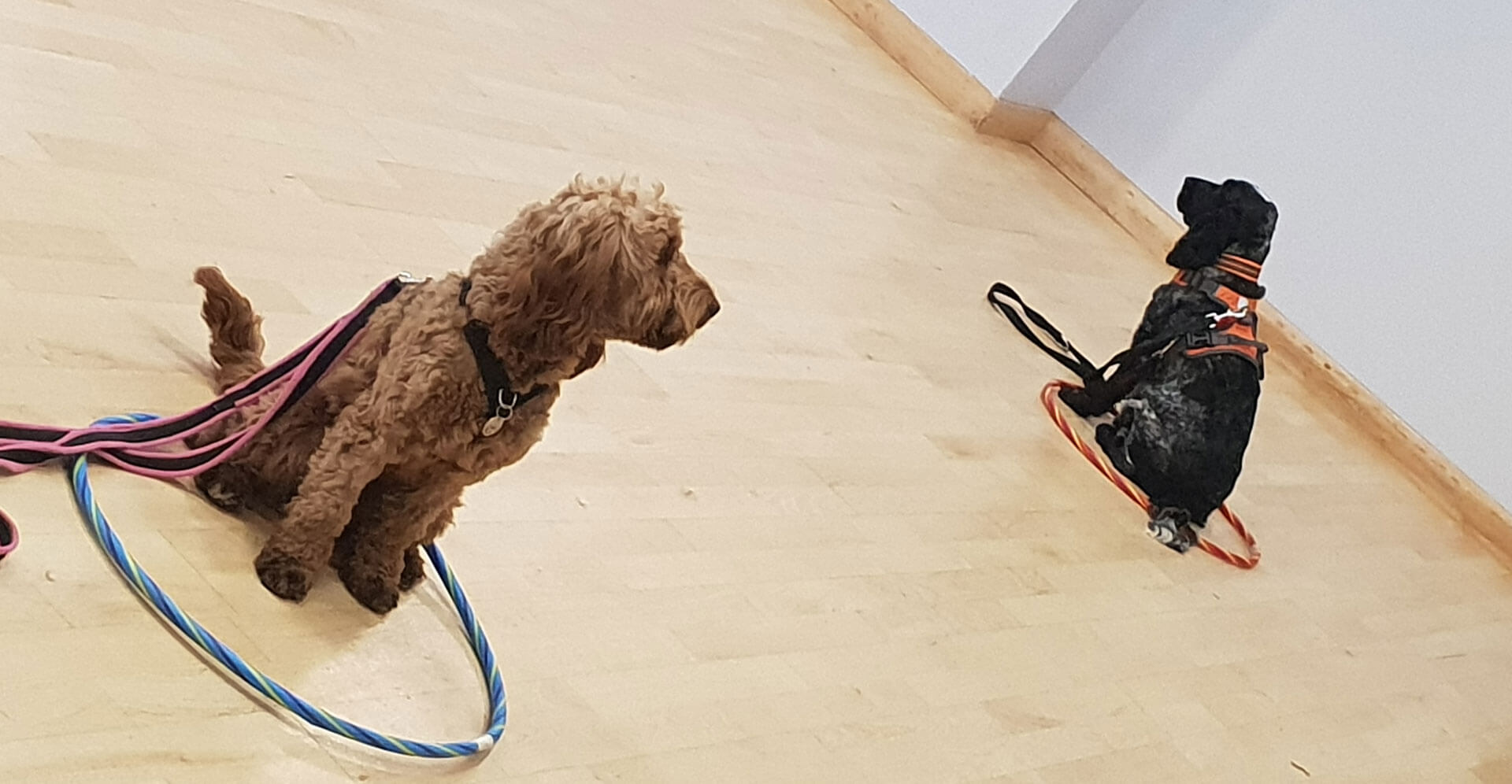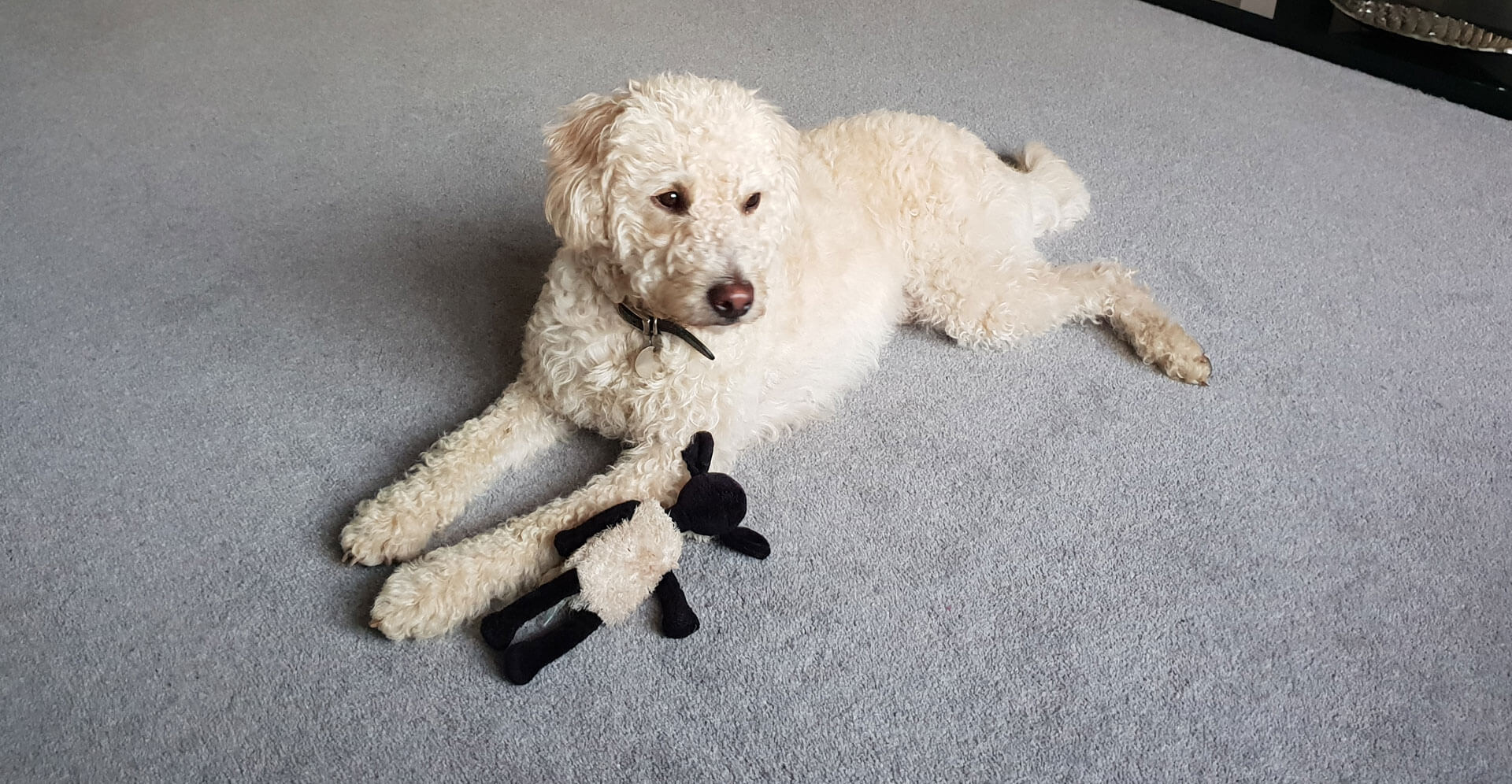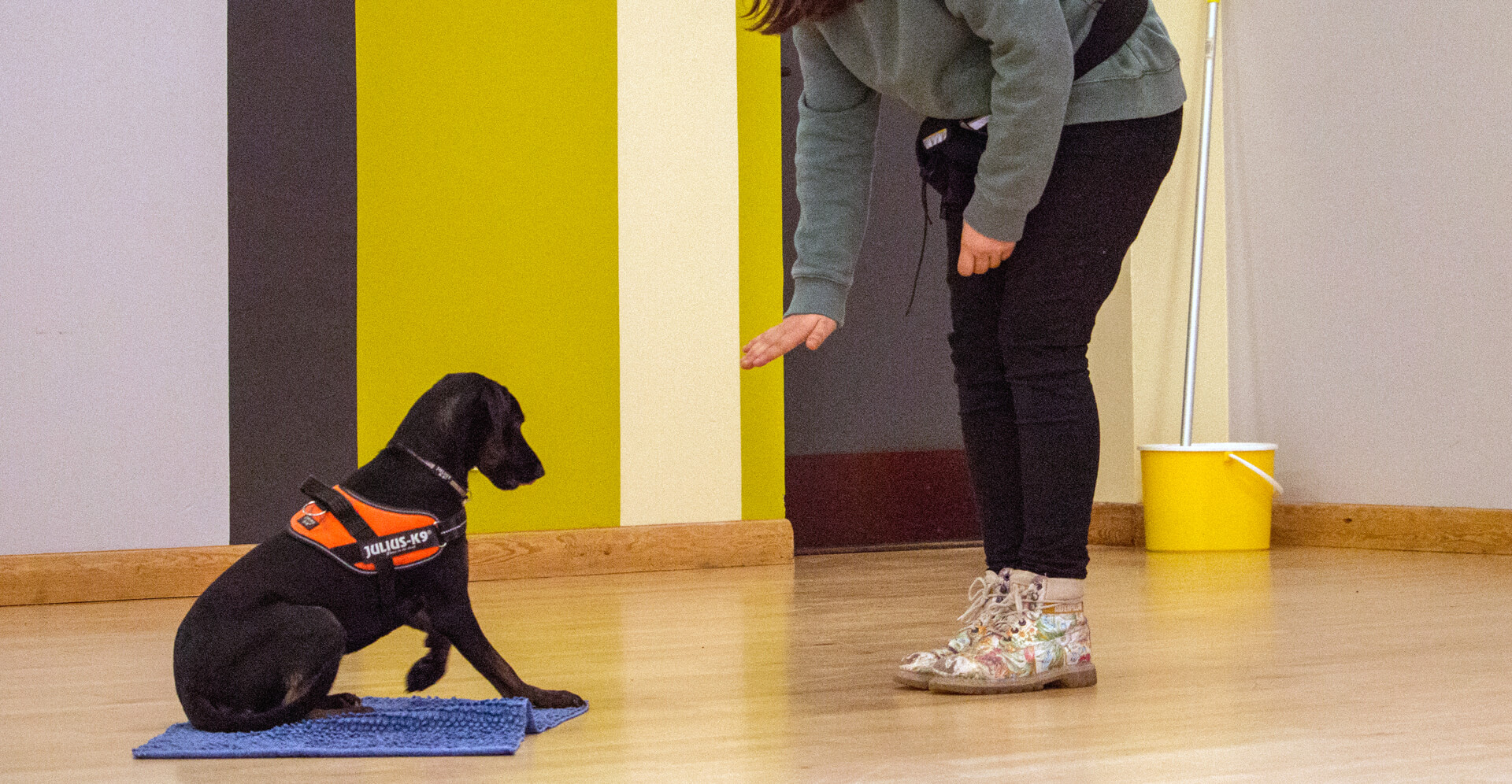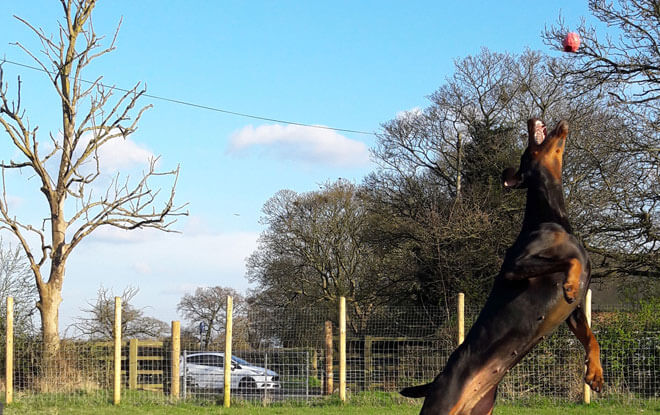Why “getting them done” may not be the answer

Neutering your dog can often be suggested as the “cure all” for many behavioural and training issues. In reality, there are very few unwanted behaviours that are likely to disappear simply as a result of de-sexing your dog.
Note – For the purposes of clarity in this article the term “neutering” is taken to include spaying (for female dogs).
Whilst neutering procedures have improved significantly as veterinary knowledge and methods/equipment become more advanced, neutering is still a significant operation and careful consideration is required before the decision is made.
Listed below are some of the common reasons owners present to Vets when trying to book a neutering procedure:
- Excessive barking
- Crying, howling or barking when left alone or out of sight of owners
- Excessive digging or destructive behaviour
- Humping/mounting
- Excitement towards unknown people/dogs
- Aggression towards other dogs/people
- Excessive energy levels
- Excessive mouthing/biting
- Aggression over food/bed/people
BUT – how many of these are likely to be eradicated by neutering your dog? The answer is NONE! More importantly, in some instances, the procedure could be detrimental to resolving the issue.
Let’s take barking, lunging or “aggression” towards other dogs/people as an example. Sadly, reactivity is increasingly commonplace amongst the UK dog population. What looks very much like aggression or “dominant” behaviour is often fear based. If a dog is fearful, neutering could make the problem much worse, as the hormone testosterone drops, resulting in the de-sexed dog exhibiting heightened reactions after the procedure. Note – female dogs also produce testosterone and can therefore be negatively affected in the same way.
Whilst there are some behavioural issues that can be improved (or in some instances eradicated by neutering), the list is much shorter than the one shown above and includes some types of conflict aggression (amongst two dogs in the same household) and scent marking indoors. BUT there is no guarantee.
For these reasons, it is very important to consult both a Vet and a Qualified Behaviourist or Trainer BEFORE you make the decision to neuter to address what might actually be a behavioural issue or training need. Your Vet will also be able to fully explain the health considerations before you neuter so you can make a fully informed decision.
Once done, it is not possible to reverse and therefore careful consideration is required to ensure the time is right, and the reasons are right for you and your dog.
Blog produced with consultation and content approval from Paw Print Veterinary Practice, 197 Station Road, Mickleover, DERBY DE3 9FG.
Louise Burton IMDT
Hilton Dogs Training Academy



